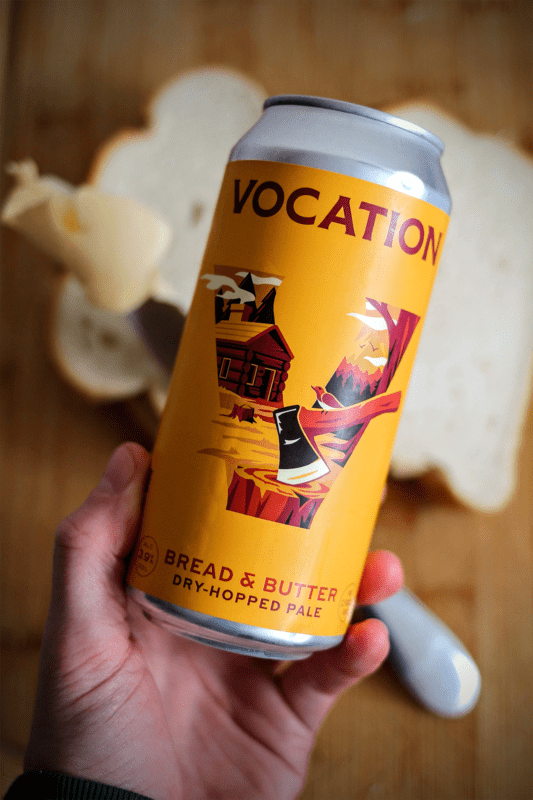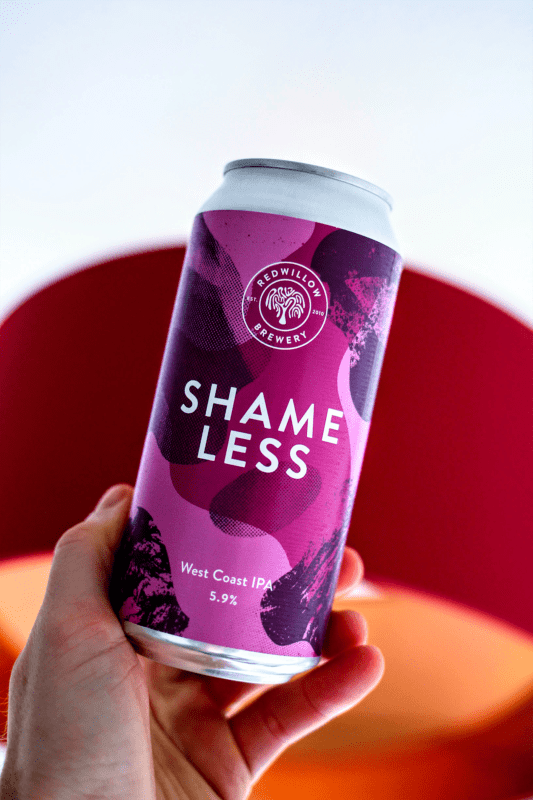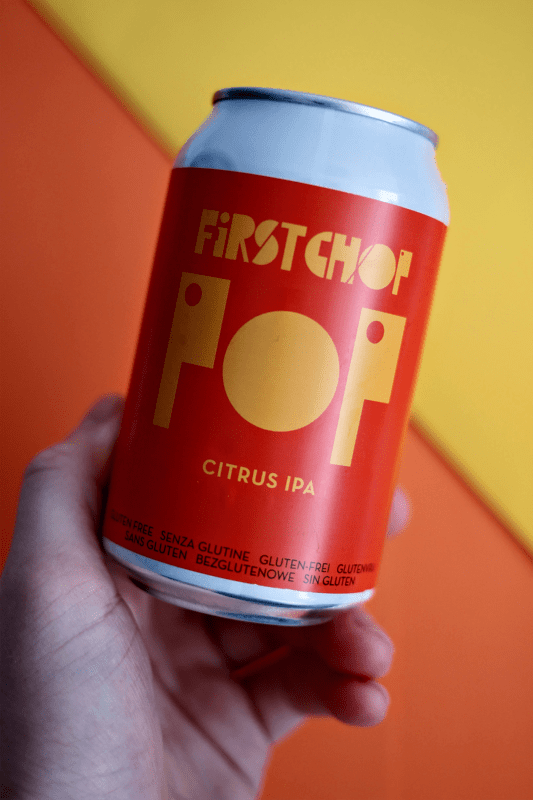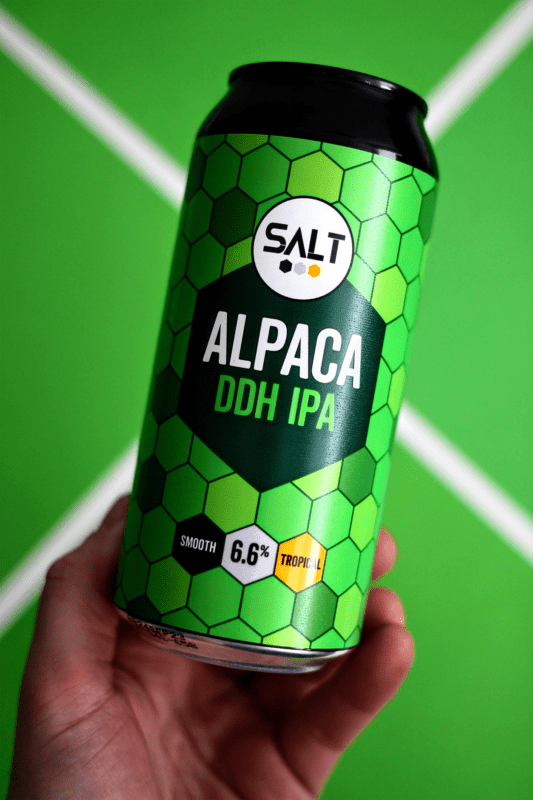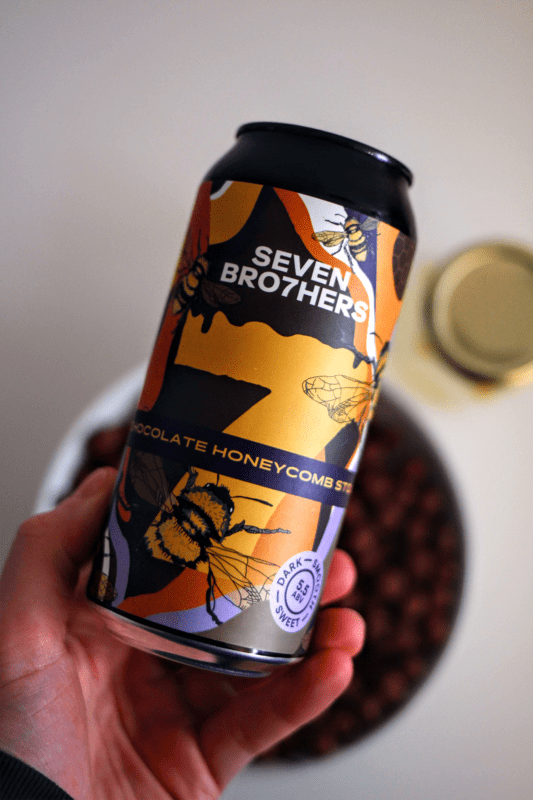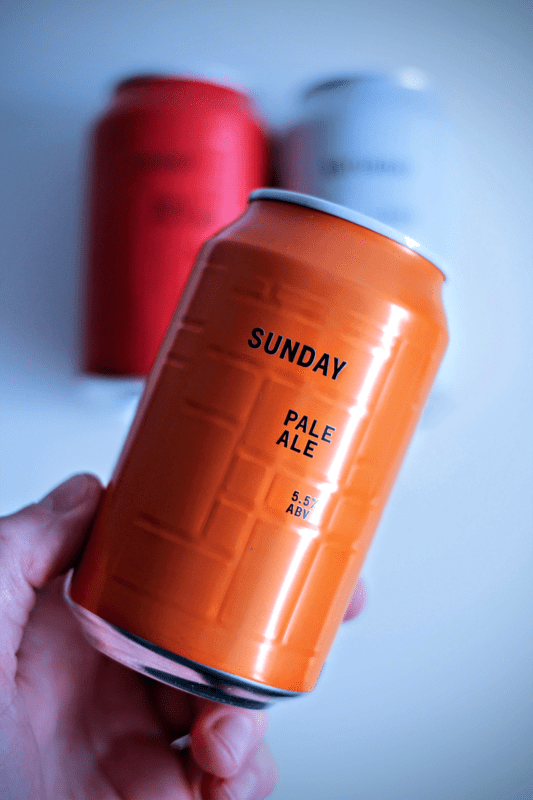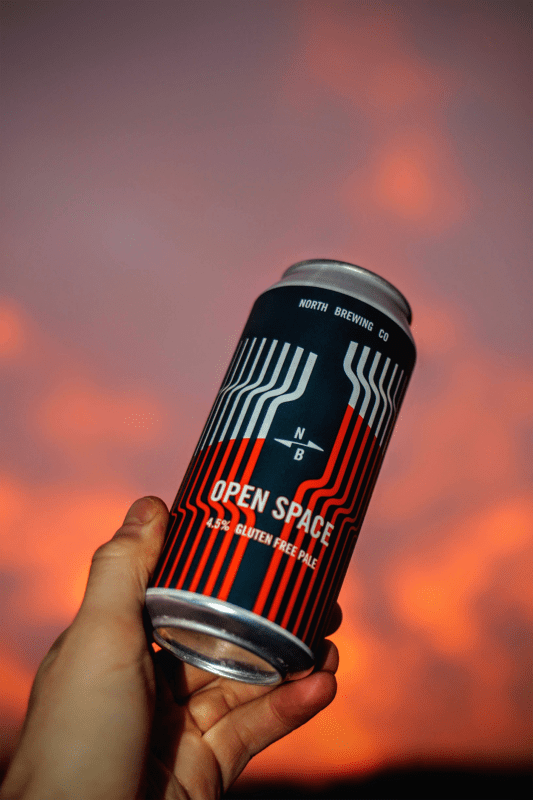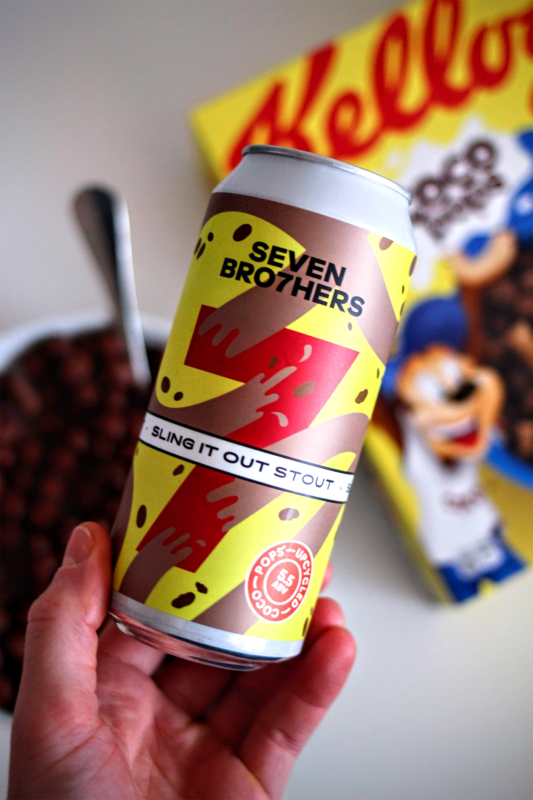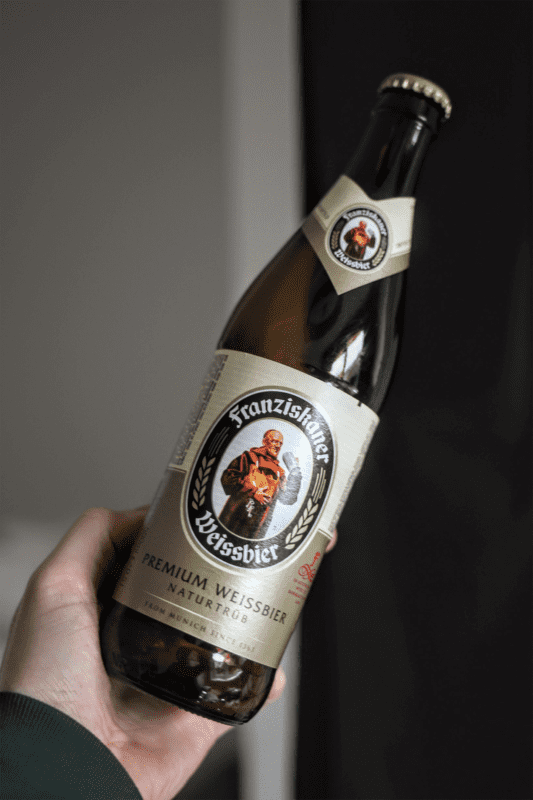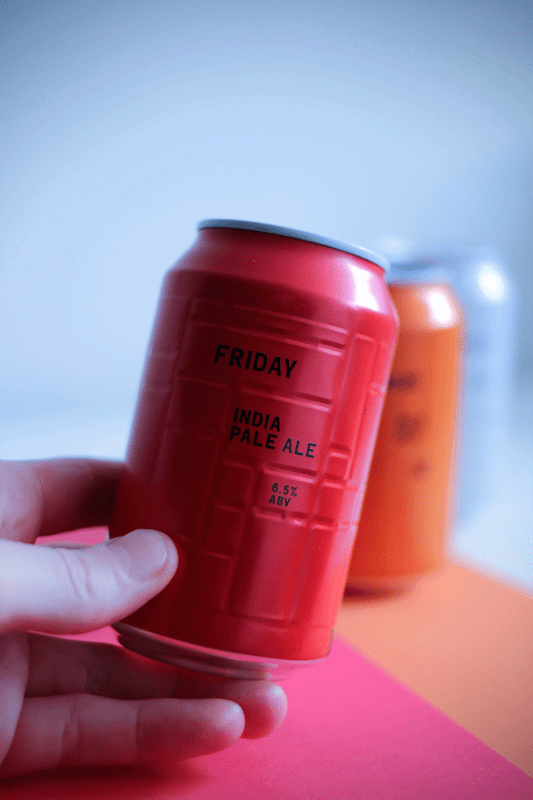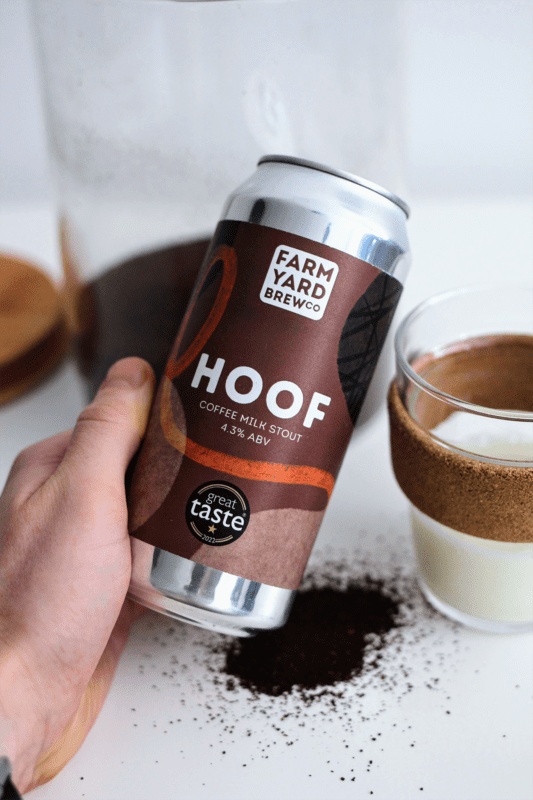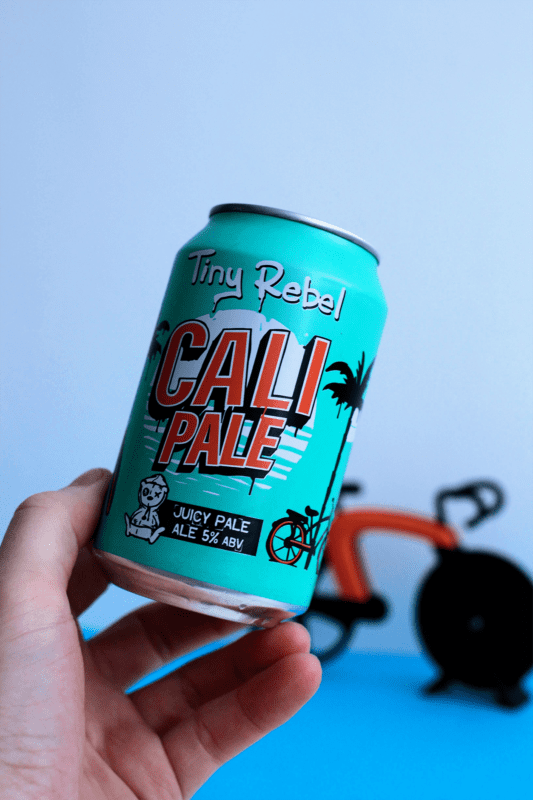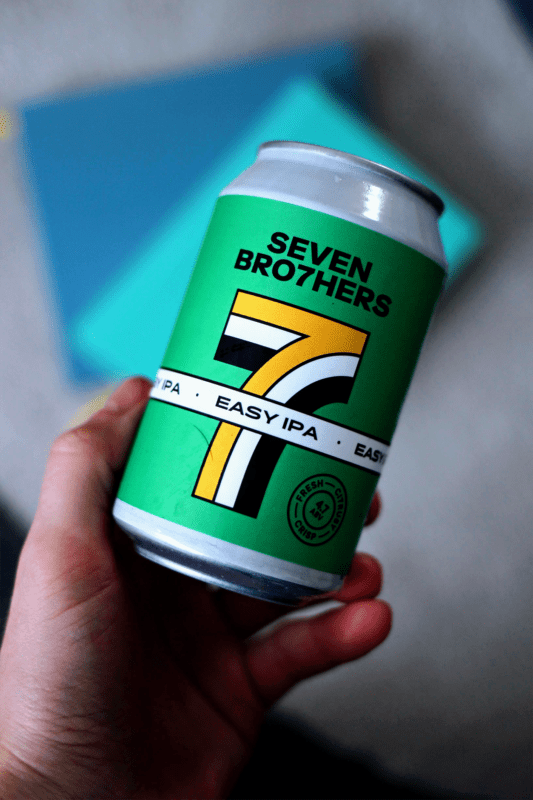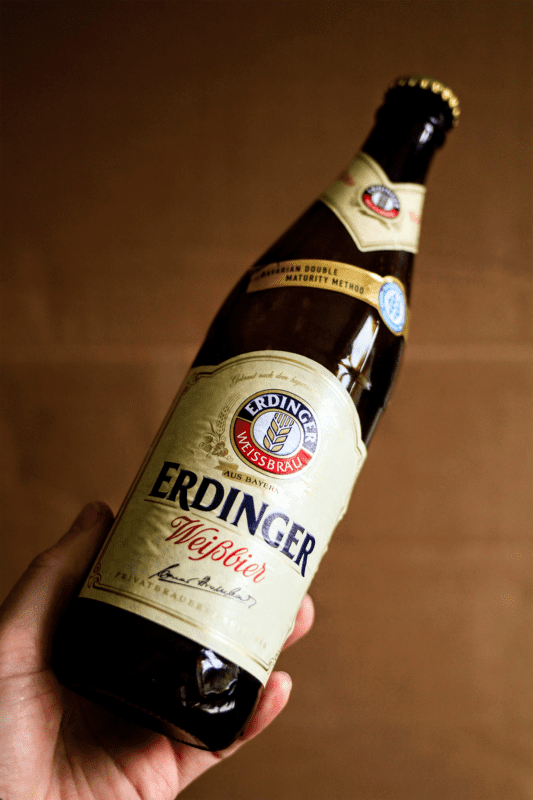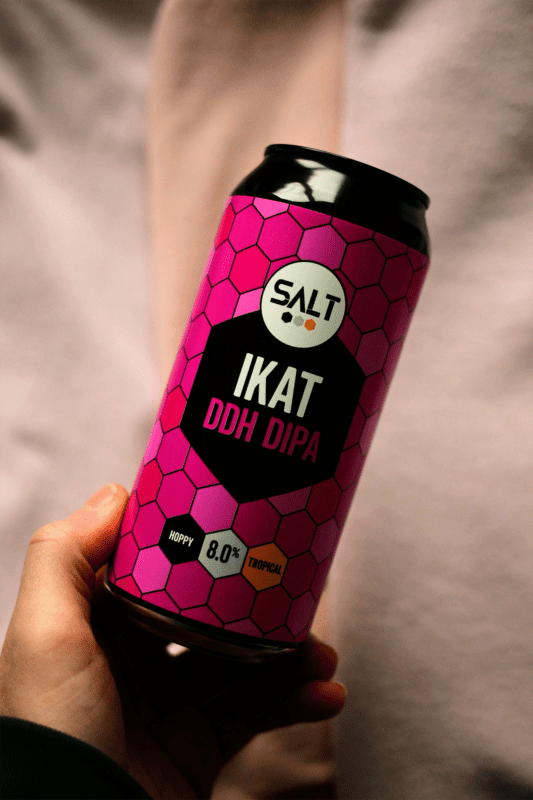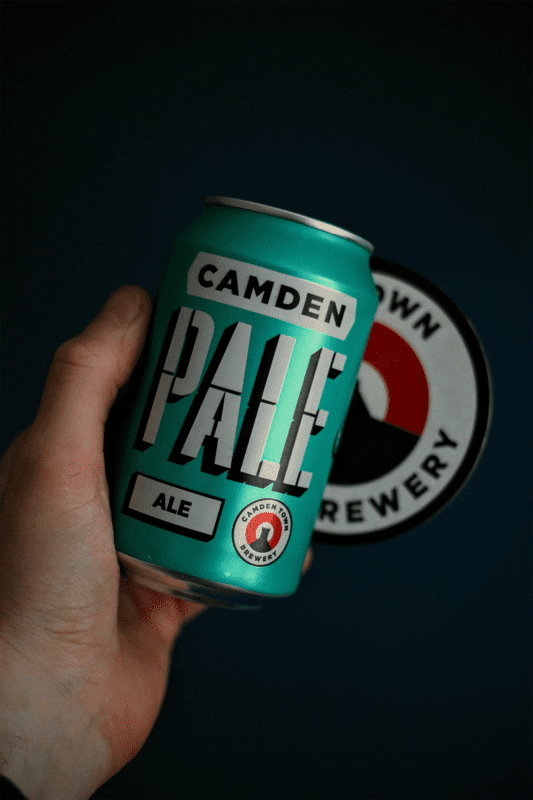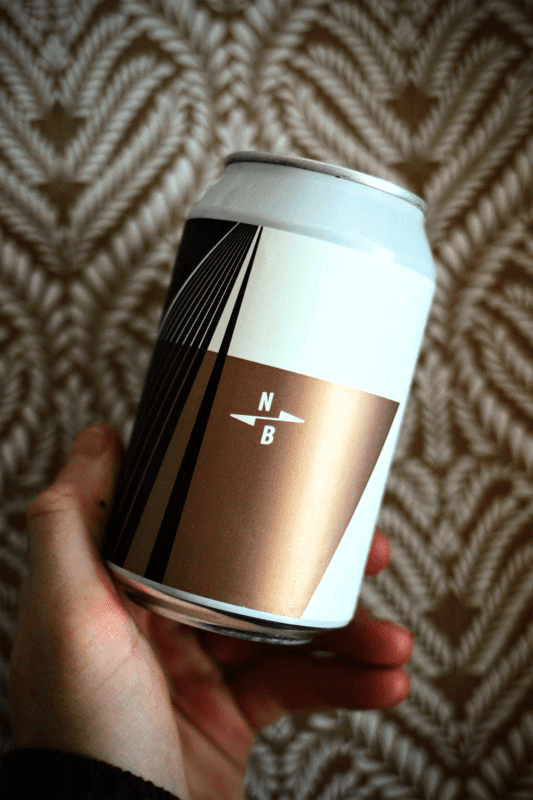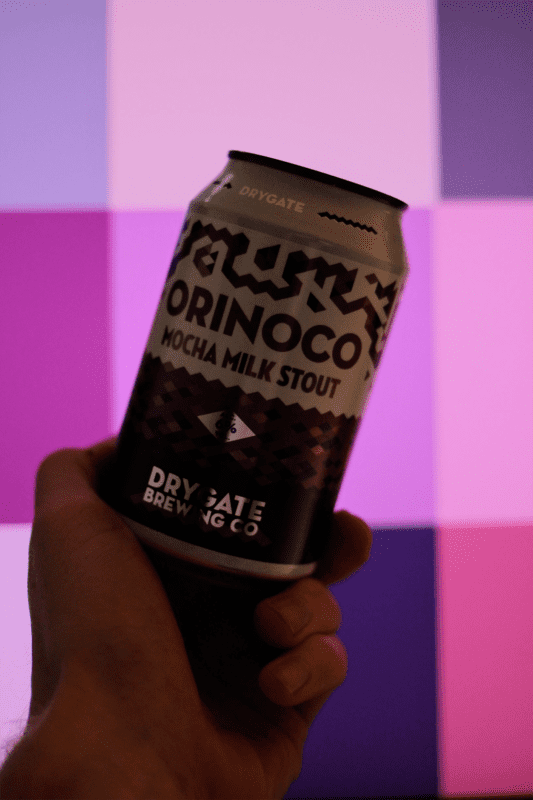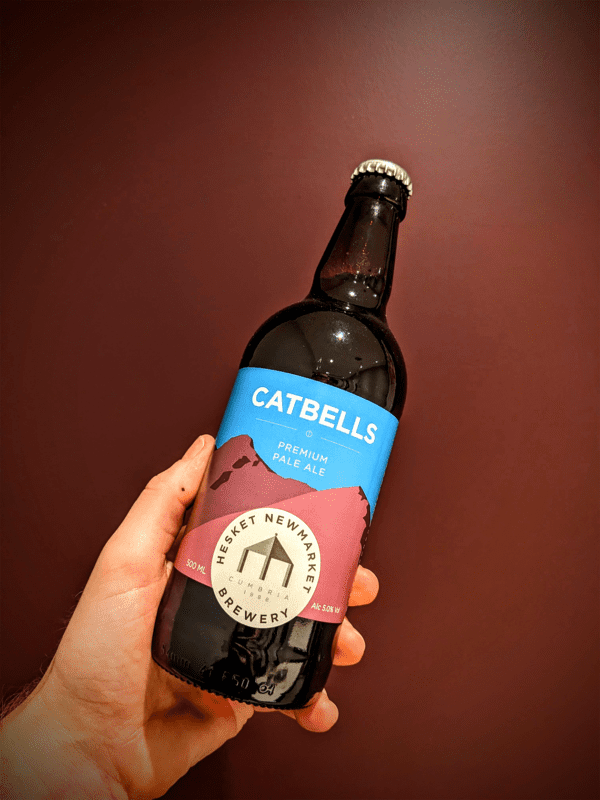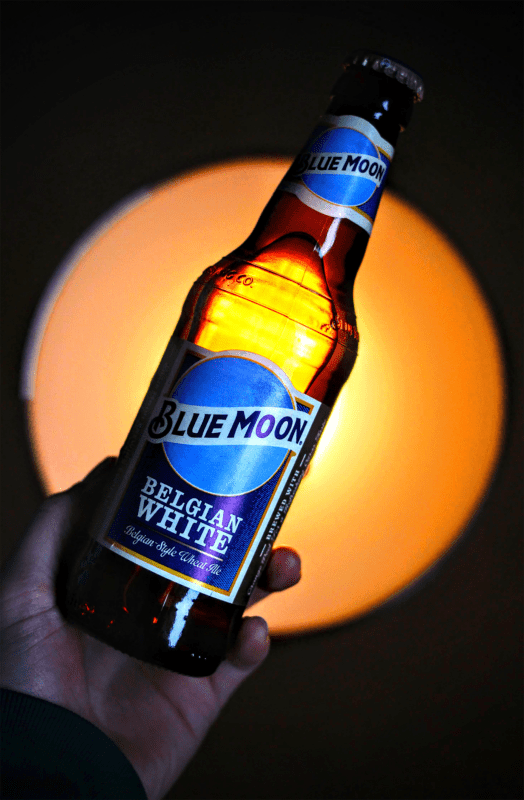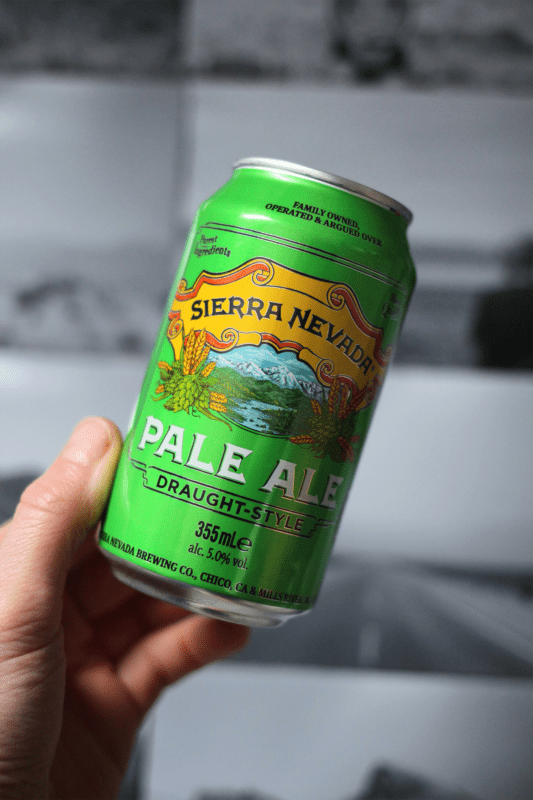Ale
Ale is a type of beer brewed using a warm fermentation method, resulting in a sweet, full-bodied and fruity taste. Historically, the term referred to a drink brewed without hops. As with most beers, ale typically has a bittering agent to balance the malt and act as a preservative.
Ales have a historic reputation for timeless brewing quality and have been savoured for centuries. Today, traditional flavours are made to modern standards, continuing the legacy of world-leading brewing. The word ale comes into English from its ancestor language, Proto-Germanic. English belongs to the West Germanic branch of Proto-Germanic, and some other languages in this branch also attest to the word: Middle Dutch āle and all, and the Old Saxon word alo-fat ‘ale-cup’.
Ale was an important source of nutrition in the medieval world. It was one of three main sources of grain in the diet at the start of the fourteenth century in England, along with pottage and bread. Scholars believe grains accounted for around 80% of the calorie intake of agricultural workers and 75% of soldiers. Even nobles received around 65% of their calories from grains.

